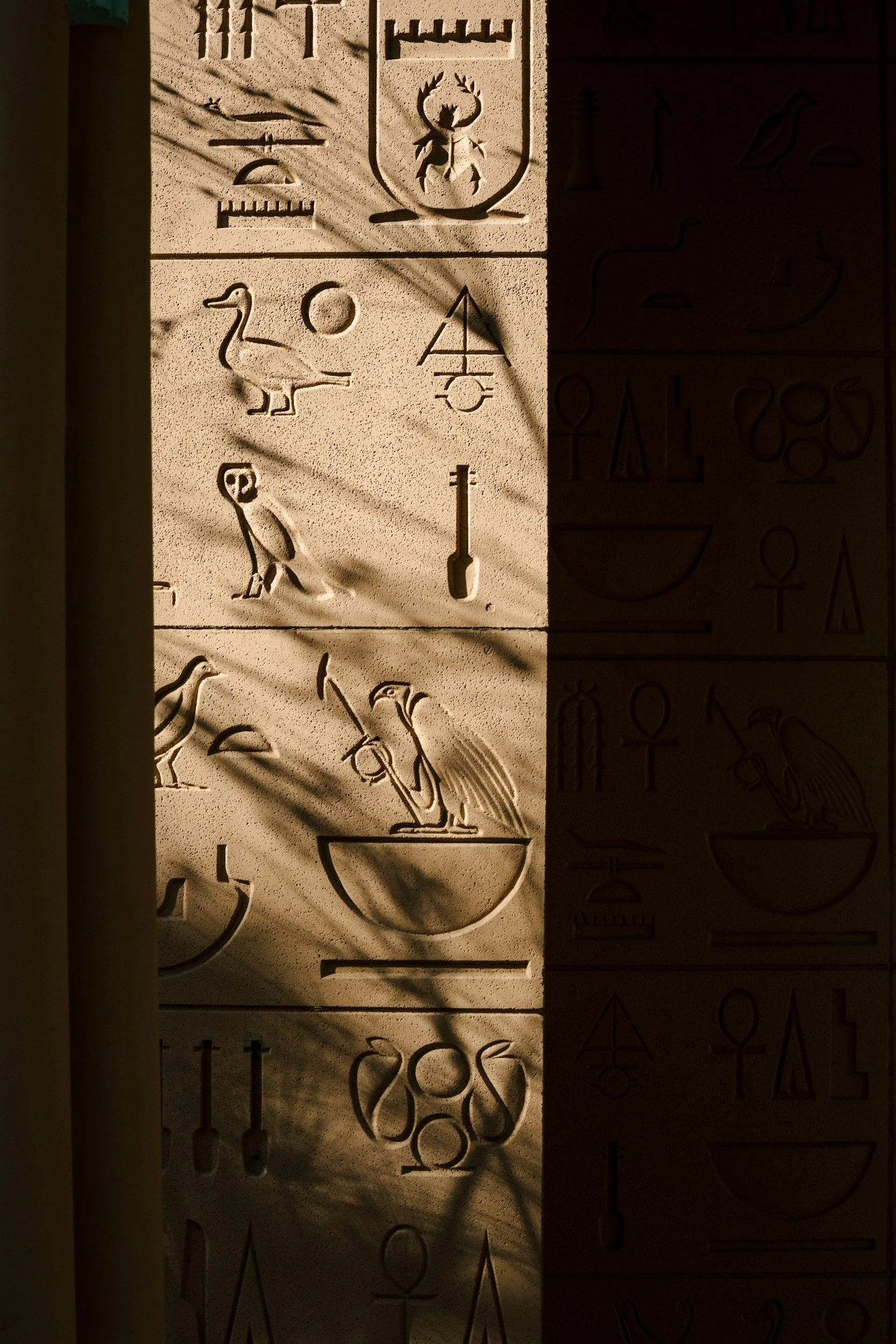9 Random Facts About Ekwensu You Didn’t Know!
Ekwensu, often misunderstood due to colonial influences, is one of the most fascinating forces in Igbo cosmology. Beyond the surface, this deity holds deeper, lesser-known truths that challenge popular misconceptions and highlight its invaluable role in Igbo spirituality.
Here are nine random facts about Ekwensu that might surprise you!
Protector of Children: One of Ekwensu’s most compassionate roles is as a protector of children. Harming children near its shrines is strictly taboo, as children are considered as sacred beings with potential and innocence in Igbo cosmology. This protective aspect of Ekwensu shows its nurturing side, far removed from the chaos and mischief usually associated with its name.
Divine Sibling of Ogbunabali: Ekwensu is an ancient companion to Ogbunabali, the "harvester of night or god of death." As divine siblings, their relationship balances life and death, creation and destruction. While Ogbunabali deals with the end of life, Ekwensu facilitates transformation, making sure that endings serve as pathways to new beginnings.
The Love Triangle—Ekwensu, Ogwugwu, and Udo: In Igbo mythology, Ekwensu is part of a legendary love triangle involving Ogwugwu Mmiri, and Udo (the masculine aspect of the earth and the deity of peace, amongst other things). This trope illustrates the dynamic relationships between deities, it reflects cosmic struggles and harmonies between chaos, water, and peace. It’s a tale of passion, conflict, and resolution, mirroring human emotions and relationships.
Towns and Places Named After Ekwensu: Ekwensu’s ancestral force is so impactful that some towns in Igboland still bear its name today. For example, Umuekwensu in current day Abia state and ugwu ekwensu one of the most notable hills in Ukpor in present day Anambra state. These names are living evidence of Ekwensu’s integration into the cultural and spiritual identity of Igbo people. Far from being feared, these names signify respect and acknowledgment of its role in the community.
Eze Agwu—The Right Hand of God: Ekwensu, also known as Eze Agwu, is believed to be the right hand of Chukwu Okike (the Supreme Creator) in Igbo mythology. This title signifies its role as an executor of divine will, particularly in matters requiring transformation, justice, or conflict resolution. Ekwensu’s ability to act decisively makes it an essential force in maintaining cosmic balance.
Ekwensu ≠ Yahweh: There’s a persistent myth claiming Ekwensu is the Igbo equivalent of the Hebrew Yahweh or even Satan. This idea is entirely false. While there may be thematic similarities between spiritual systems, equating them oversimplifies and distorts their unique cultural contexts. Just as the claim that Igbos are Jews is unfounded, so too is the claim that Ekwensu is a "demon" or foreign god in disguise. Ekwensu is wholly Igbo and rooted in its distinct cosmology.
Androgynous and Shape-Shifting: Ekwensu like most Igbo Agbara defies gender norms. It is neither masculine nor feminine but embodies an androgynous energy that transcends binary classifications. Best described as divine feminine energy in its most primal form, Ekwensu can take any shape or form it chooses, emphasizing its fluidity and adaptability. This quality reinforces its role as a master trickster archetype and transformer in Igbo spirituality.
Other Gods Answer to Ekwensu: In certain matters requiring the implementation of divine knowledge toward humans, even other gods must answer to Ekwensu. Its position as a gatekeeper of wisdom and executor of justice gives it unparalleled authority in the spiritual hierarchy. This reinforces its role as a force of accountability, ensuring that cosmic laws are upheld.
The True Meaning of 'God of War': Ekwensu is misunderstood as a bloodthirsty war god. However, its association with war is much deeper. Ekwensu is the ultimate purifier, the only force capable of cleansing the bloodshed and spiritual pollution caused by such conflict. This purification ensures not only victory but also the restoration of peace after war. As the deity of transformation, Ekwensu oversees the spiritual renewal required after war, highlighting its role as both destroyer and healer.
The Bigger Picture
Ekwensu is more than the tricks, chaos, and conflict usually associated with it. It is a divine force of transformation, wisdom, and balance. As a protector of children, an agent of divine will, or a purifier of war, Ekwensu’s roles are as complex as they are profound.
Coming to terms with these truths will help us gain a deeper appreciation of Ekwensu’s place in Igbo cosmology—not as an agent of fear, but as a powerful ally in transformation, justice, and spiritual evolution. It is only with understanding such as this that Igbo race can be free and remain victorious. Yagazie!
Recommended Resources:
Igbo Spirituality in Contemporary Nigeria | Emeka Ed Kaezor in Conversation with Nnaedozie Umeh (YouTube)
The concept of ‘Ekwensu’ in Igbo cosmology | Ifesinachi Nnabugwu (Article)
EKWENSU IS NOT THE DEVIL | Prince MacDonald Enwere (Article)
Ekwensu as Ora Obala in Afa | Odinani Mystery School











